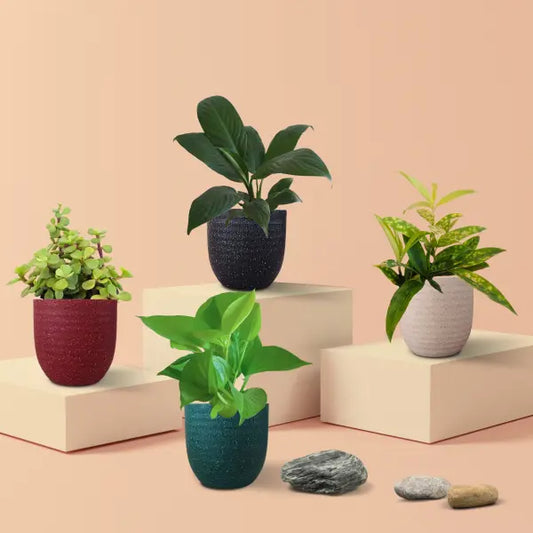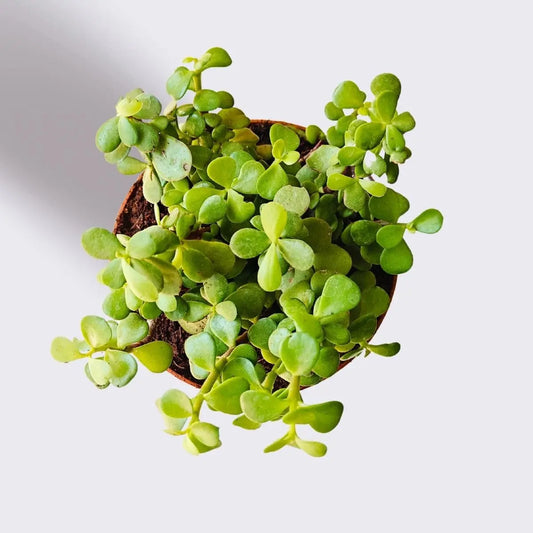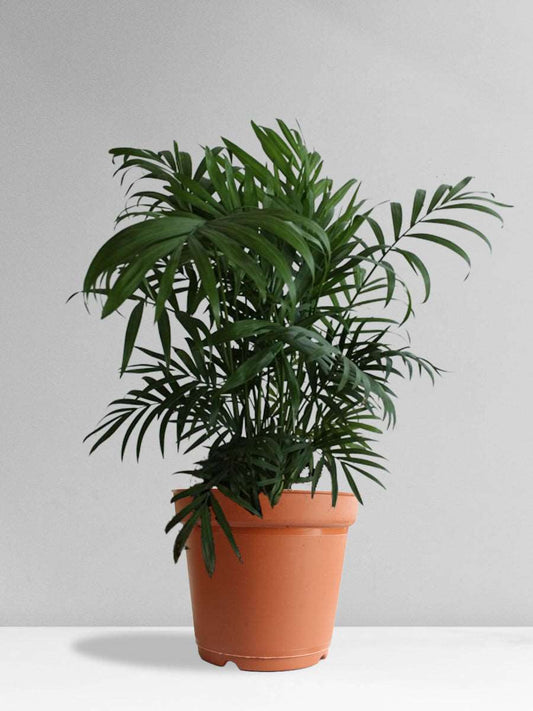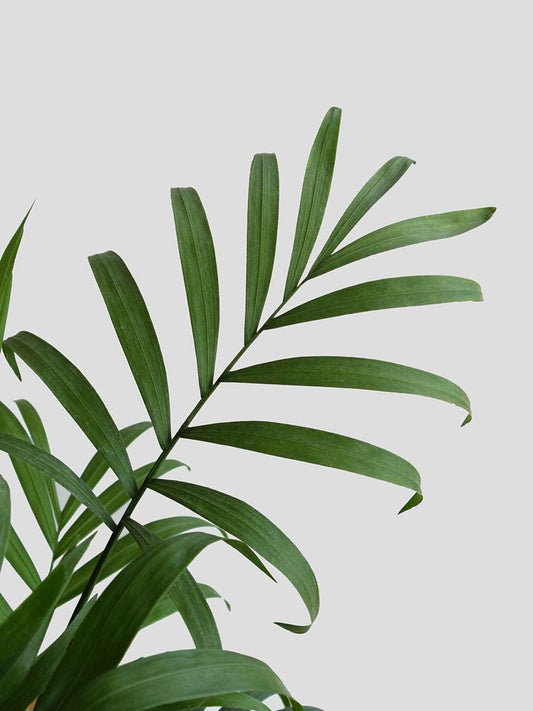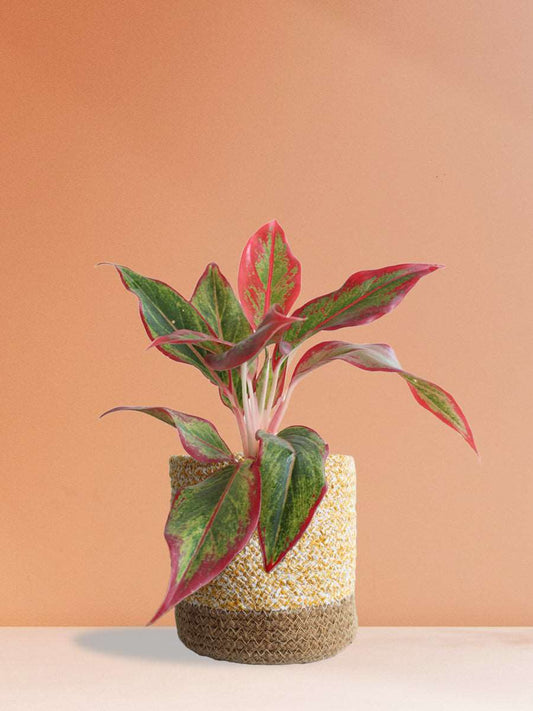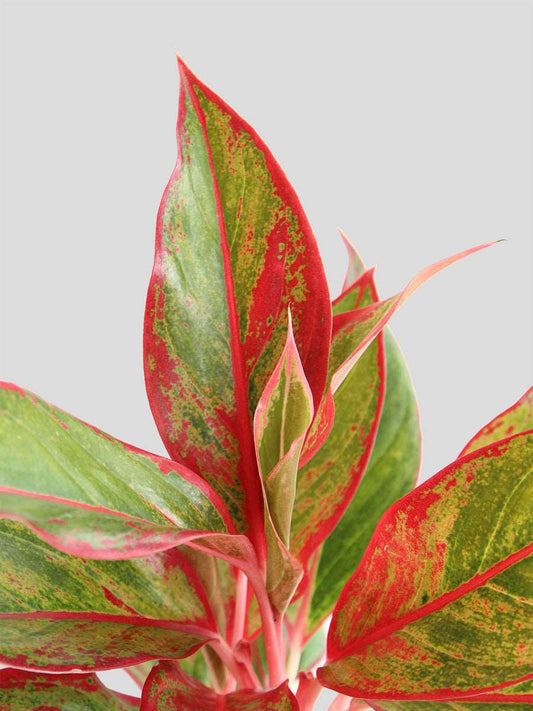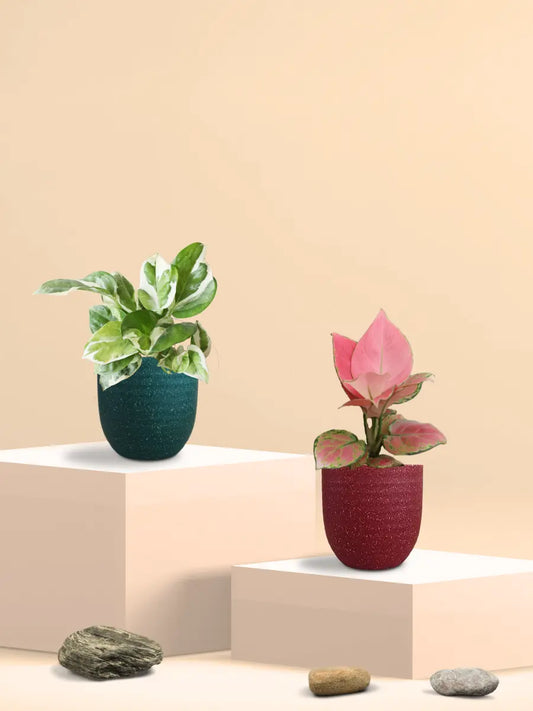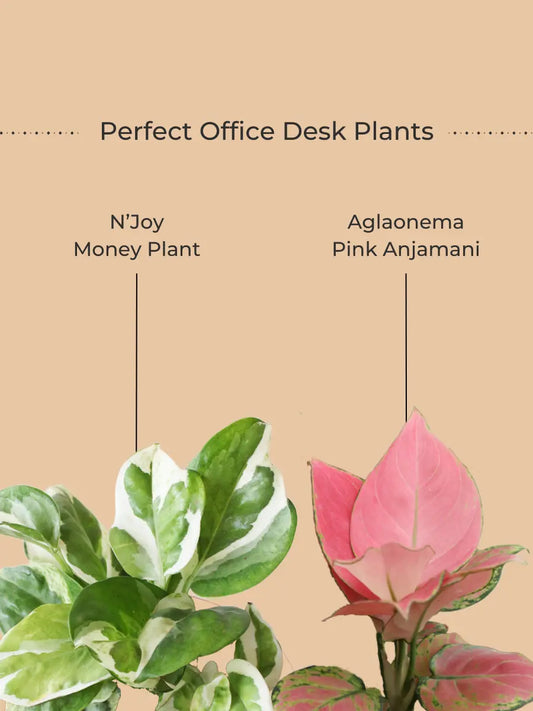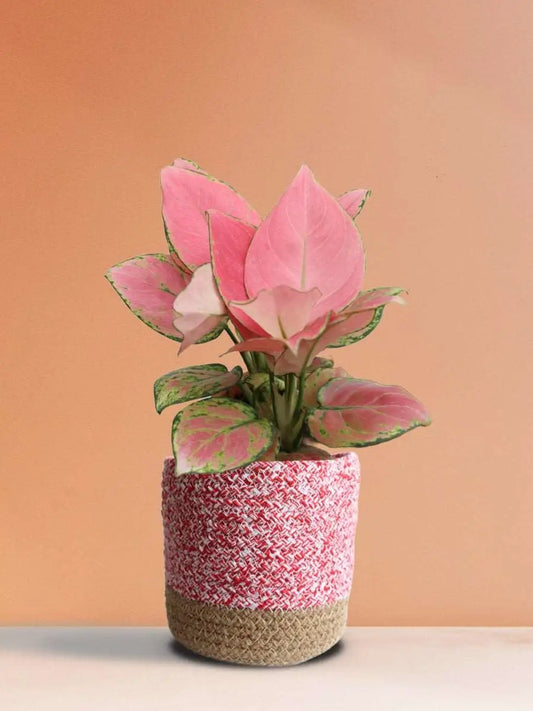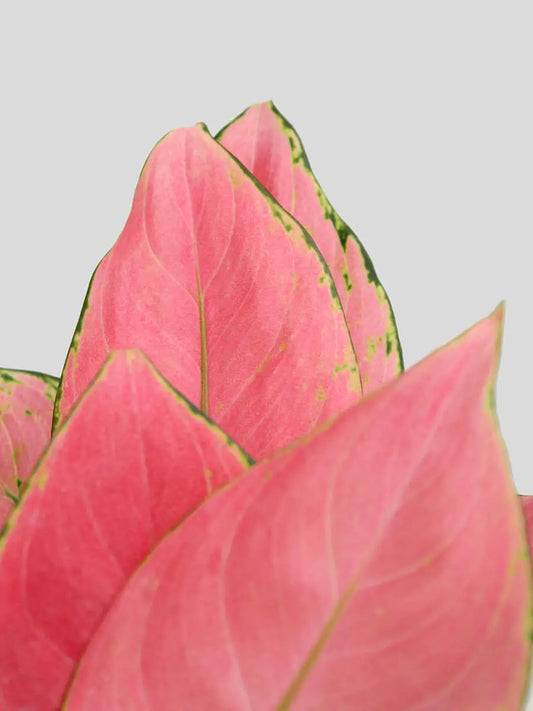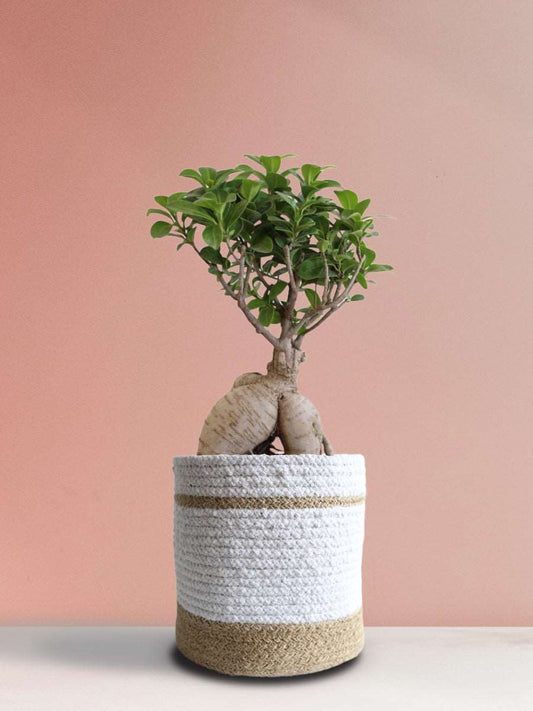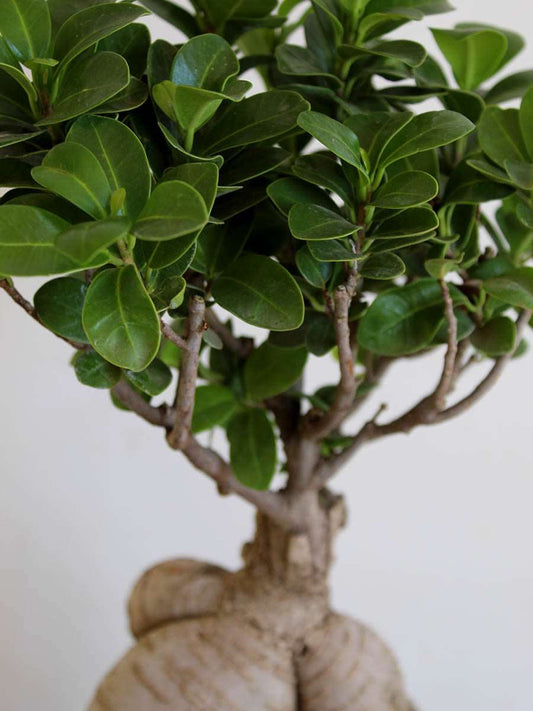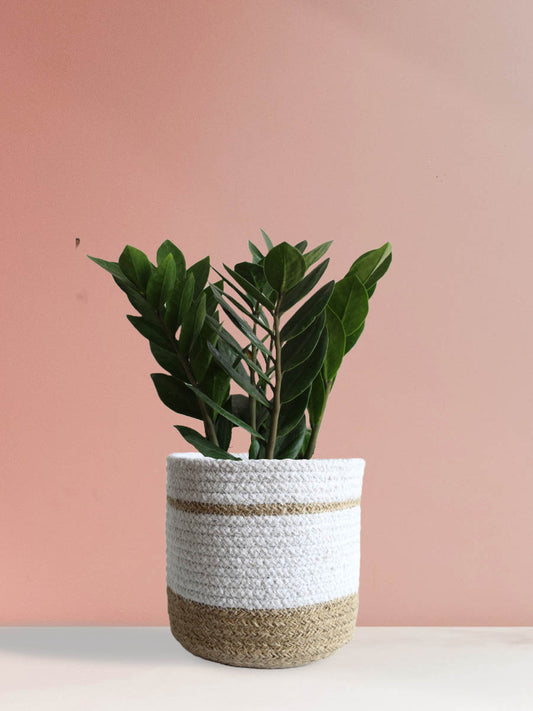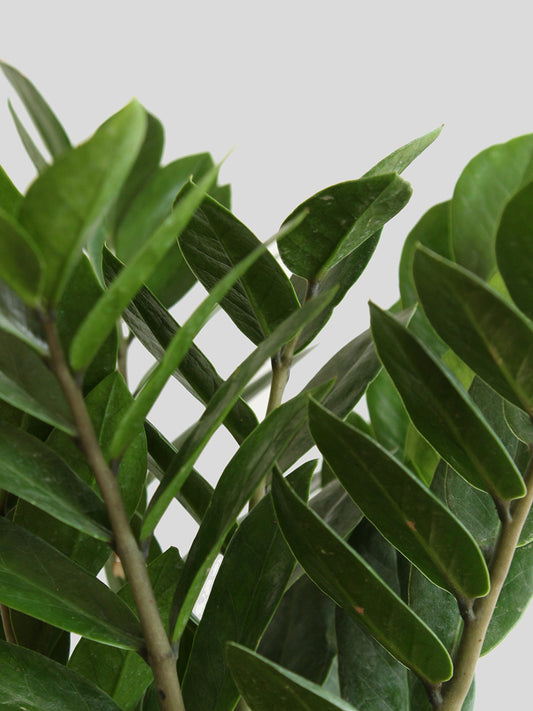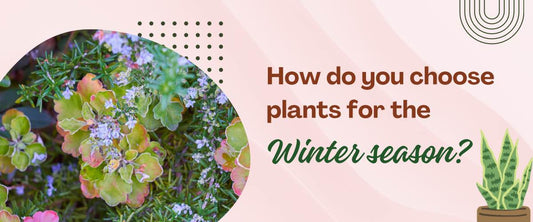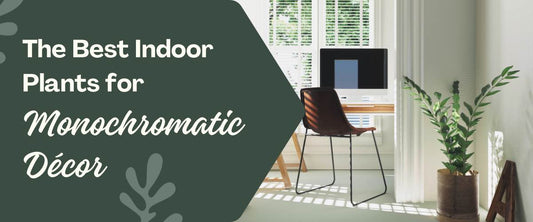Introduction to Hedge Plants
Plants that can be placed in a hedge like setup to create a barrier, boundary or a divide. You can use these plants in your gardens, or property lines to create a definition of space. A variety of options to consider depending on the species and foliages, when it comes to picking the perfect plant to include in your hedge. The most likely plants that will get picked as the hedge plants will be the plants that are bushy and dense, something that can be pruned to form a hedge. Here's a list of Best 10 Hedge Plants for Your Garden.
What are Hedge plants?
Hedge plants are a variety of plant groups that get arranged in a tight spaced line or row(s) to construct a hedge or a boundary like structure. A hedge has various purposes like forming a barrier or a boundary that is natural. Hedges function by aiding privacy, redefining property lines, being the windshields, and magnifying the overall look and feel of gardens or landscapes.
Best Hedge Plants for Your Garden
If you are planning to create a hedge here is a list of plants to choose from. Selecting the best hedge plants for your garden depends on various factors, including your needs, the climate you are in, the soil type, and your aesthetic expressions. Here are 10 Hedge Plants for Your Garden that are often recommended:
- Boxwood
- Leyland Cypress
- Privet
- Arborvitae
- Forsythia
- Holly
- Rose
- Yew
- Beech
- Bamboo
1. Boxwood:

An evergreen plant with compact and dense foliage. The boxwood plant is a great way to add in hedgework to your garden. This plant can be used to create formal hedges and topiaries.
2. Leyland Cypress:

The leyland Cypress is an evergreen plant. Due to its fast growing nature and tall stature the plant can be relied upon to provide excellent privacy. The Leyland Cypress acts as a screen, a hedge for protection.
Also Read: Best Houseplants According to Vastu
3. Privet:

Privet is a deciduous or Evergreen variety of plants available for creating formal hedge work and screens. Privet plant or the ligustrum plant can be very adaptable and it responds well to pruning, hence ideal for making hedges.
4. Arborvitae:

Another evergreen plant called Arborvitae is used to make hedges because of its ability to form a dense foliage. The arborvitae forms various wind shielders and privacy screens. The plant is available in various sizes.
5. Forsythia:

Forsythia is a deciduous variety of shrub that bears yellow spring flowers and is aesthetically pleasing to look at. The plant is yellow in colour. If you are planning to form an informal hedge work and boundaries with floral greens, Forsythia is the way to go.
6. Holly:

The plant bears berries and has spiky leaves which make it one of its kind, the holly plant. The Holly Plant is an evergreen plant that is used to make decorative hedges.
7. Rose:

The Rose shrub has colourful flowers and thorny leaves. This deciduous plant is used to create hedges that are decorative. The Rose Plant is a simple choice for all plant enthusiasts for creating a hedge.
8. Yew:

The yew plant is a plant with dense foliage. As the plant is tolerant of shade it is the perfect plant for making Formal hedges and decorative screens.
9. Beech:

The beech plant is a deciduous plant that retains leaves in winter thus is a popular hedge making plant. The plant boasts its unique copper coloured leaves.
10. Bamboo:

Bamboo is an evergreen plant that is attributed for its rapid growth and contemporary and modern appearance. The plant is being continually used for making modern hedges and screens nowadays.
Also Read: Best Plants for your Modern Farmhouse
Benefits of Hedge plants
From screens to decorative boundaries, hedge plants offer a variety of benefits. Thus hedge plants are a staple in outdoor landscaping and garden designing. Here are some of the benefits of incorporating hedge plants into your garden space:
- Privacy and Discretion
- Windbreaks and Noise Reduction
- Aesthetic Appeal
- Soil Erosion Control
1. Privacy and Discretion: Hedges help in forming a natural screen of visual barrier that provides privacy. This helps in obstructing the view of neighbours and passers. The denser and taller the hedge the more secure the interiors.
2. Windbreaks and Noise Reduction: If you are planting a hedge as a Windbreak pick an evergreen hedge. as they are more effective windbreaks, helping to reduce the impact of strong winds in your garden. In addition to this the thick foliage of hedges absorbs noise.
3. Aesthetic Appeal: The aesthetic appeal of hedges goes a long way. Hedges enhance the aesthetic appeal of greenery and could definitely be added in your landscape. They provide structure and definition, along with enclosure.
4. Soil Erosion Control: Hedges also help in controlling soil erosion. As the root system of certain well maintained hedge plants can help in stabilising soil and can aid in reducing the risk of soil erosion.
Also Read: How to Care for Small Plants
Conclusion
That wraps up our list of Top 10 Hedge Plants for Your Garden. Hedge plants can contribute to the aesthetic appeal, design and functionality of landscaping. Thus providing practicality with beauty. Proper selection of plants, and pruning is essential to ensure the success of a hedge. To know more about Greens and plants follow us at Greenkin.


